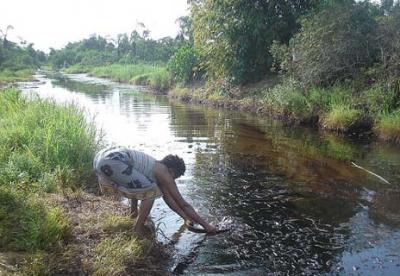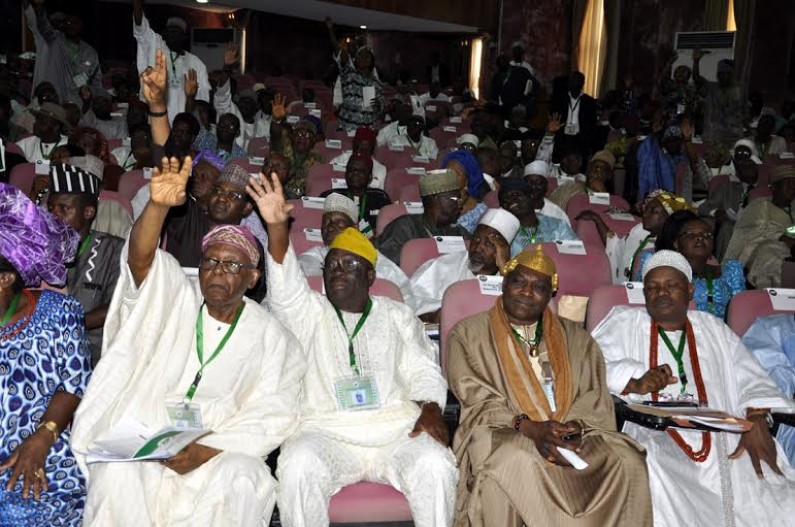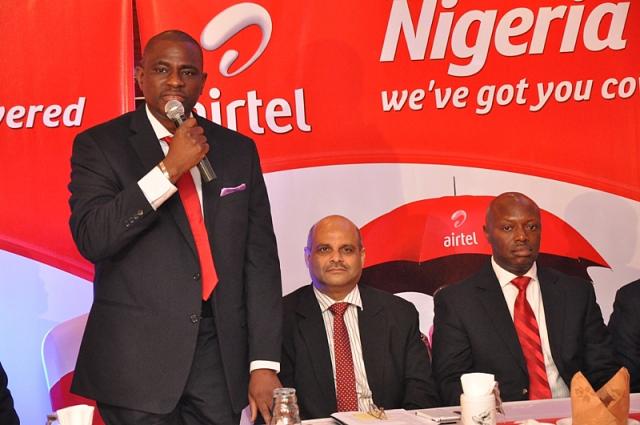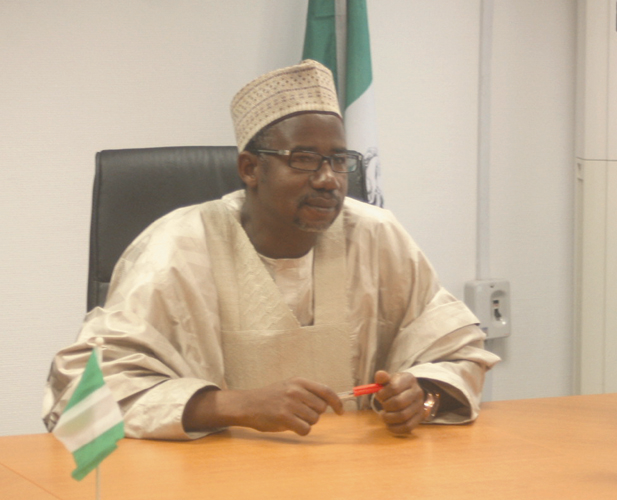Ben Van Beurden, the chief executive of Shell, will be in Nigeria this week to attempt restoring the company’s battered reputation by winning local support for a clean-up strategy to tackle oil spills in the Delta.
Data from the Nigerian government suggests that there were more than 7,000 spills between 1970 and 2000 alone, including 2,000 official large spillages sites, many stretching back over decades.
The Dutchman, who took over at the company at the start of 2014, previously expressed determination to make progress where his predecessors failed, following a damning report on pollution by the United Nations Environment Programme (UNEP) released on August 4, 2011,chronicling the environmental devastation caused by oil exploration activities in Ogoniland.
The report confirmed that the integrity of the Ogoni environment has been heavily damaged and compromised by the oil industry, and that rather than support lives and livelihoods, it was killing the Ogoni people.
Advertisement
Critics compared the effort made by BP to clean up after the Deepwater Horizon accident in the US Gulf with the lack of action by Shell and others in the Niger Delta.
Shell denied this lack of action, claiming that it has tried to create local employment by hiring villagers to help with cleanups, which continue daily in a variety of places. The company said it has implemented 22 recommendations made by UNEP.
One of the recommendations was for Shell to provide $1bn for the restoration work needed after a range of spills, which the company blamed largely on attacks on installations and pipelines.
Advertisement
At its AGM in London on May 22, 2014, Shell was again criticised over the spills in Ogoniland, and was forced to admit that little progress had been made, which prompted Beurden to respond, claiming that the money to implement the cleanup recommended by the UNEP had been set aside in a “verifiable” account.
The Shell boss, however, added that the company had been unable to disburse the funds due to the “lack of structures” by the Nigerian government to receive the money and coordinate the cleanup.
“Van Beurden hopes to make progress with the Nigerian government so that hundreds of millions of dollars set aside by Shell after the UNEP report but never spent, can be put to work,” a spokesman for the company said.
“The commitment to pay for clean-up has always been there, and I am sure Van Beurden will be discussing this issue with a variety of people when he is there. If that serves as progress it can only be a good thing.”
Advertisement
Environmental analysts believe it would take about $100bn over 30 years to properly clean up an area where more than a million people live, but where many had lost their livelihoods from fishing and other activities as a result of the oil spills.
Advertisement
Add a comment






